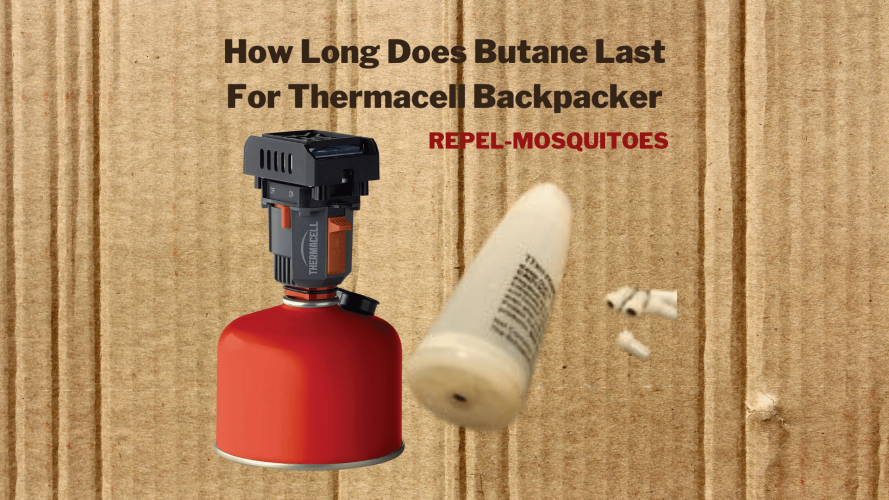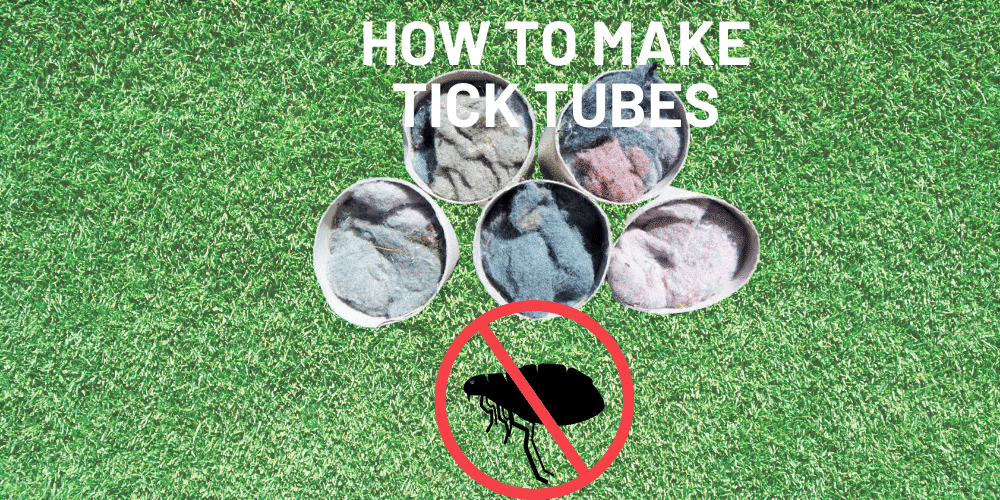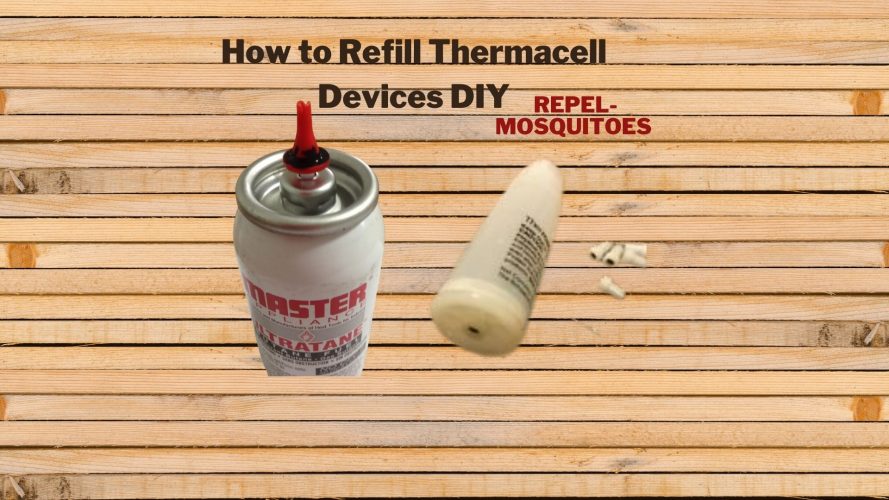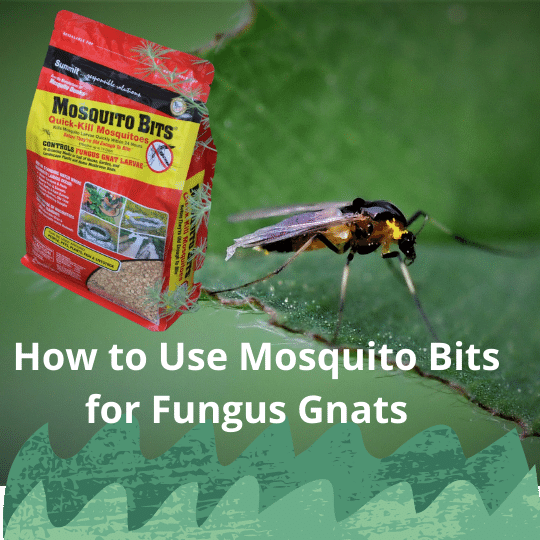Mosquito coils are a popular method of controlling mosquito populations, but they can be harmful to dogs if proper precautions are not taken. The smoke produced by the coils, as well as the chemicals they contain, can have negative effects on a dog’s health. In this article, we will discuss the various safety concerns related to the use of mosquito coils and offer tips to keep dogs safe. Whether you are a dog owner or simply want to learn more about the potential hazards associated with mosquito coils,
The Chemical Composition of Mosquito Coils:
Active Ingredients in Mosquito Coils:
Mosquito coils contain a combination of active ingredients, such as pyrethroids and metallocenes, that work to repel mosquitoes. These chemicals are designed to release into the air when the coil is burned, creating a smoke that repels mosquitoes and other flying insects.
Effects of the Chemicals on Dogs:
While mosquito coils can be effective at repelling mosquitoes, they may also have harmful effects on pets, particularly dogs. When inhaled, the chemicals in mosquito coils can cause respiratory problems and other health issues in dogs. Additionally, if a dog ingests a lit mosquito coil, it can lead to severe health problems and even death.
Comparison to Other Pest Control Methods:
Compared to other pest control methods, such as sprays, traps, and other forms of insecticide, mosquito coils are generally considered to be less effective and less safe. They can also produce fumes and odors that can be unpleasant for humans and harmful to pets. For these reasons, it is recommended that individuals consider alternative pest control methods or use mosquito coils with caution.
Effects of Smoke Inhalation on Dogs:
Smoke inhalation can cause respiratory problems in dogs, including coughing, wheezing, and difficulty breathing. In severe cases, it can also lead to more serious health issues such as lung damage and even death. The smoke produced by mosquito coils contains a number of toxic chemicals, including formaldehyde and pyrethroids, which can be harmful to dogs if inhaled.
Symptoms of Smoke Inhalation in Dogs:
If your dog has inhaled smoke from a mosquito coil, they may display symptoms such as coughing, sneezing, wheezing, and difficulty breathing. In some cases, they may also develop symptoms such as eye irritation, skin irritation, and vomiting. If your dog is showing any of these symptoms, it is important to seek veterinary care immediately.
Long-Term Health Risks:
Inhaling smoke from mosquito coils can have long-term health effects on dogs. It can cause respiratory problems and can even lead to lung damage over time. Additionally, the chemicals in the smoke can also accumulate in a dog’s body and cause damage to their internal organs, including the liver and kidneys. To protect your dog’s health, it is important to avoid using mosquito coils and consider alternative methods of mosquito control.
Chemical-Free Mosquito Repellents:
Chemical-free mosquito repellents are a safe alternative to mosquito coils for pet owners. These products use natural ingredients such as citronella, lemon eucalyptus, and geraniol to repel mosquitoes. They come in the form of sprays, lotions, and candles, making them convenient and easy to use.
Mosquito Netting:
Mosquito netting can be used to create a mosquito-free zone in your backyard. This is a great option for pet owners who enjoy spending time outside with their dogs. Mosquito netting is available in a variety of sizes and shapes, making it easy to find a net that fits your needs.
Electronic Mosquito Repellers: Electronic mosquito repellers use ultrasonic technology to emit high-frequency sounds that repel mosquitoes. This method is chemical-free and safe for pets. Electronic mosquito repellers are easy to use, simply plug them into an electrical outlet and they will start working immediately.
Mosquito Traps:
Mosquito traps use a combination of heat, light, and CO2 to lure mosquitoes into a trap where they are captured and die. This method is chemical-free and safe for pets. Mosquito traps are easy to use, simply plug them into an electrical outlet and they will start working immediately. They are also highly effective, making them a great alternative to mosquito coils for pet owners.
proper precautions to use mosquito coils
Proper Ventilation:
Mosquito coils produce smoke, which can be harmful if inhaled in large quantities. To minimize the risk of smoke inhalation, it is important to use mosquito coils in well-ventilated areas. This will allow the smoke to dissipate quickly, reducing the risk of inhalation.
Avoiding Direct Contact with the Coil:
Mosquito coils can become hot when they are burning, and direct contact with the coil can cause burns. To prevent this, it is important to place the coil in a holder that will keep the coil away from direct contact.
Keeping the Coil Out of Reach of Dogs:
Dogs have a tendency to explore and play with new objects. If a mosquito coil is left within reach of a dog, it may become curious and attempt to play with the coil, which can result in burns or smoke inhalation. To prevent this, it is important to keep the coil out of reach of dogs.
Monitoring Dogs for Symptoms of Smoke Inhalation:
If a dog is showing symptoms of smoke inhalation, such as coughing, sneezing, or labored breathing, it is important to move the dog to a well-ventilated area and to seek veterinary care immediately. Prolonged exposure to smoke from mosquito coils can be harmful to a dog’s health and may cause long-term health risks if not addressed promptly.
Safety Concerns of Mosquito Coils for Dogs
Mosquito coils are a popular pest control method, but they can pose a danger to dogs if not used properly. The smoke produced by the coil can cause respiratory problems in dogs, including symptoms such as coughing, sneezing, and difficulty breathing. Inhaling the smoke for a long period can also lead to long-term health risks. To ensure the safety of dogs when using mosquito coils, it is important to provide proper ventilation, avoid direct contact with the coil, keep the coil out of reach of dogs, and monitor dogs for symptoms of smoke inhalation. Pet owners should consider alternative methods of pest control, such as chemical-free mosquito repellents, mosquito netting, electronic mosquito repellers, or mosquito traps.



